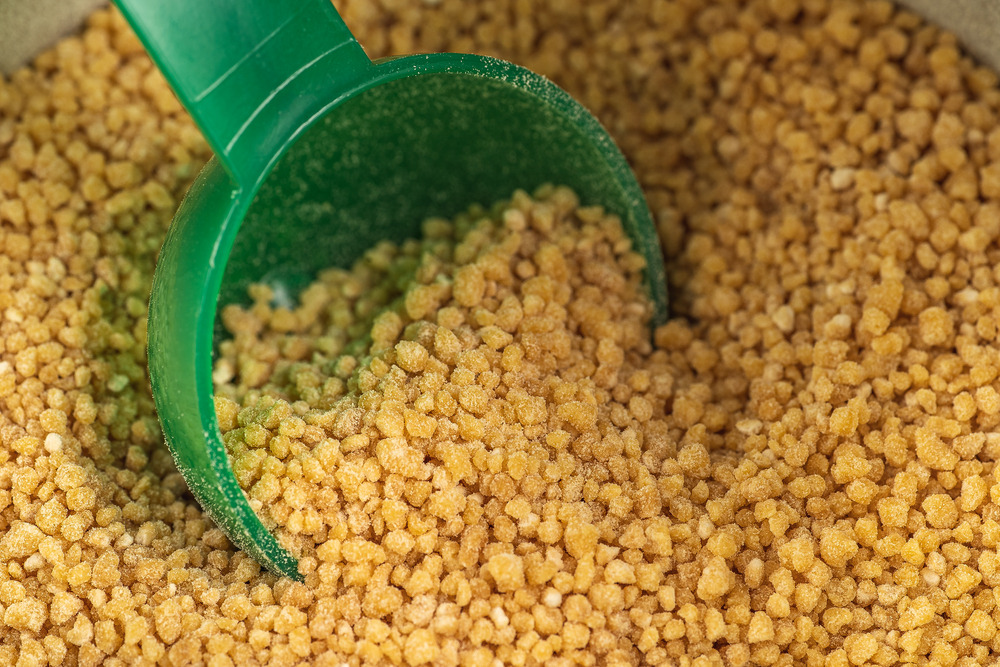- Home
- Blog
- Medical Diets
- The truth about lecithin
The truth about lecithin
Written by Catherine Saxelby
on Wednesday, 10 May 2023.
Tagged: guides, health, healthy lifestyle, women's health

What IS lecithin, I hear you ask. A popular “health food” supplement, lecithin is a type of fat called a phospholipid, which has phosphorus as a key ingredient. It is made in the body by the liver as a component of bile and bile acids.
Functions
Lecithin:
- aids in the digestion and transport of fats
- is a major constituent of brain and nerve tissues
- is used in the structure of cell membranes.
Unlike vitamins or minerals, lecithin is not an essential nutrient, but it does contain choline and inositol. Choline is an essential nutrient related to B vitamins.
Inositol is a substance that is important for growing new cells, which occurs widely in many animal and plant foods. Although it is essential for some animals, there is no evidence that inositol is essential for humans.
Rich sources include red meat, milk, bran and whole grains (where it’s present as phytic acid), legumes, nuts, vegetables and fruit.
Lecithin is generally extracted from soy beans; alternative sources include egg yolks, sunflower oil, canola oil and grains such as maize. It is high in polyunsaturated fats, which accounts for early reports that it could lower cholesterol. It is expensive, however, and you can get these fats much more cheaply from polyunsaturated oils or nuts.
Lecithin is generally extracted from crude soy bean oil, but lecithin derived from sunflower oil is becoming increasingly popular, possibly due to requirements to declare allergens in foods like soy. Also, people who wish to avoid genetically modified crops may prefer sunflower lecithin.
Lecithin is also commonly used as an EMULSIFIER in food products (code number 322), allowing oils and water to mix in a range of foods such as bread, mayonnaise, margarine, non-stick oil sprays and chocolate.
Commercial lecithin is sold as granules or capsules.
Dosage
There is no recommended dosage for lecithin. As a general rule, you should not exceed 5,000 mg daily.
Nutrition per serve
Two tablespoons of lecithin granules (24 g) supply 675 kilojoules (161 Calories), 2 g protein, 15 g fat (including 3 g saturated fat), 5 g carbohydrates, (including 1 g sugars), 4 g fibre and 2 mg sodium.
Although few analyses are available, it is probably rich in vitamin E, which accounts for its ability to protect polyunsaturated fats from oxygen attack.
The bottom line
For most people, lecithin is of limited nutritional value. Numerous health claims have been made about lecithin over the years, including that it improves memory, lowers cholesterol and dissolves gallstones. But the amounts found in food or supplements are probably not enough to change lecithin levels in the body.
Foodwatch
The Good Stuff
The Boring Stuff
© 2025 Foodwatch Australia. All rights reserved
Website by Joomstore eCommerce






